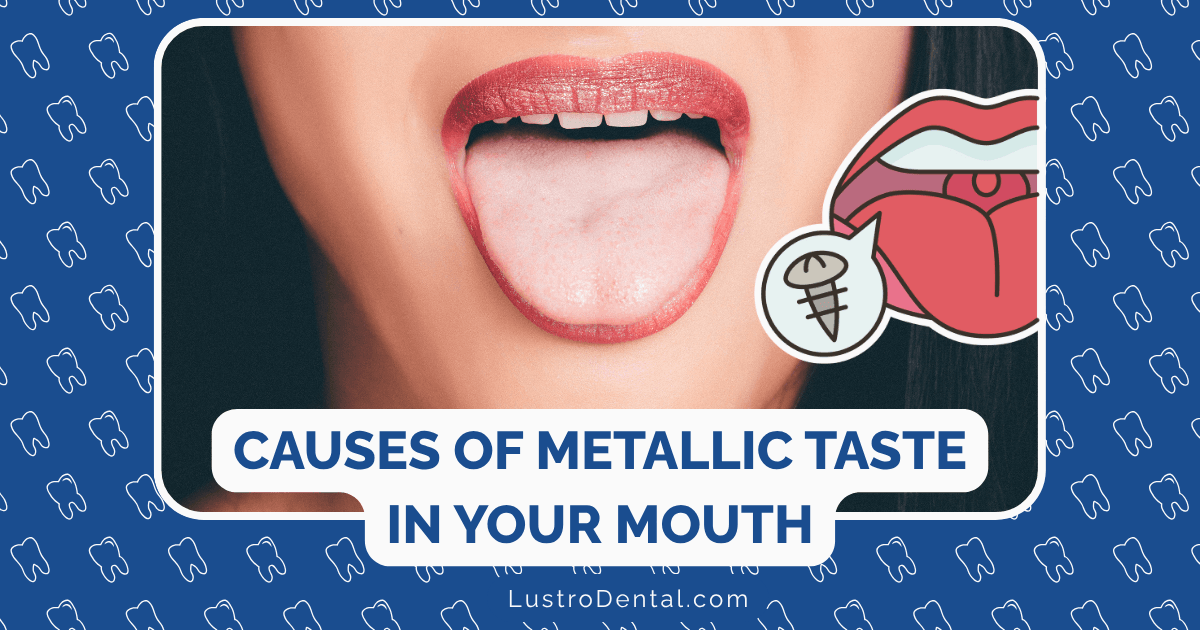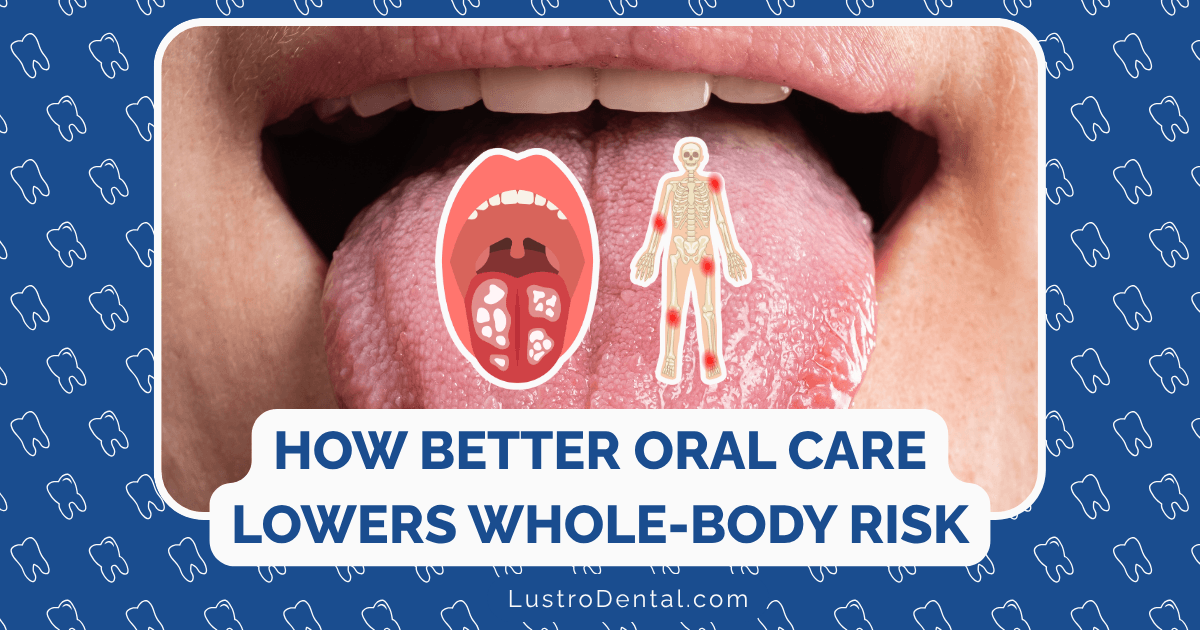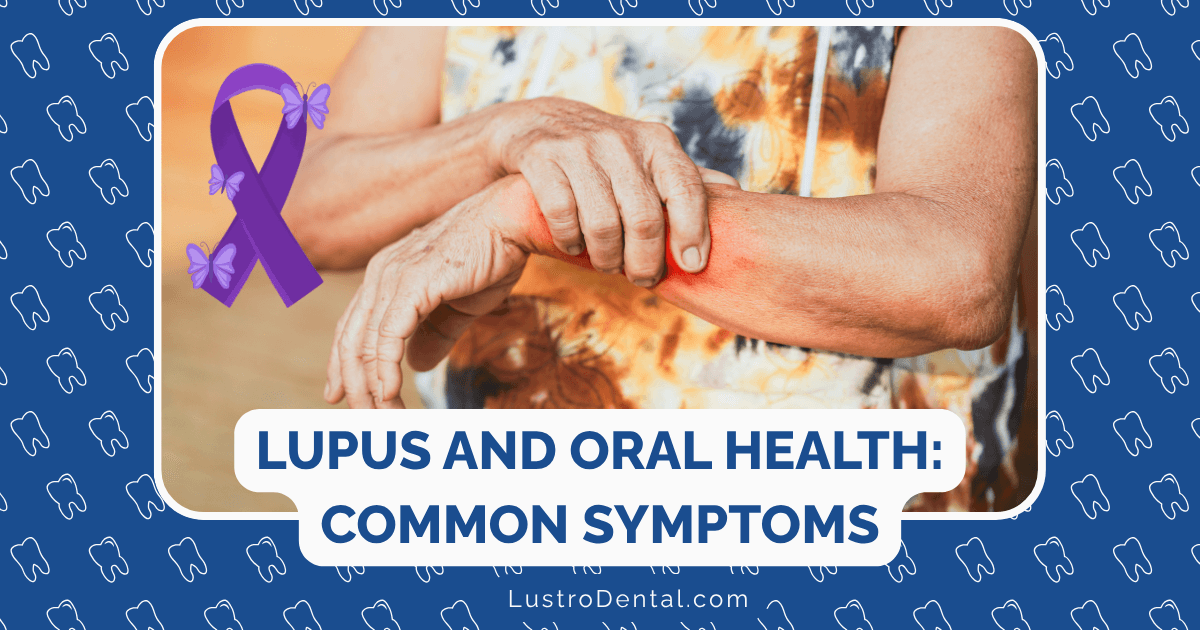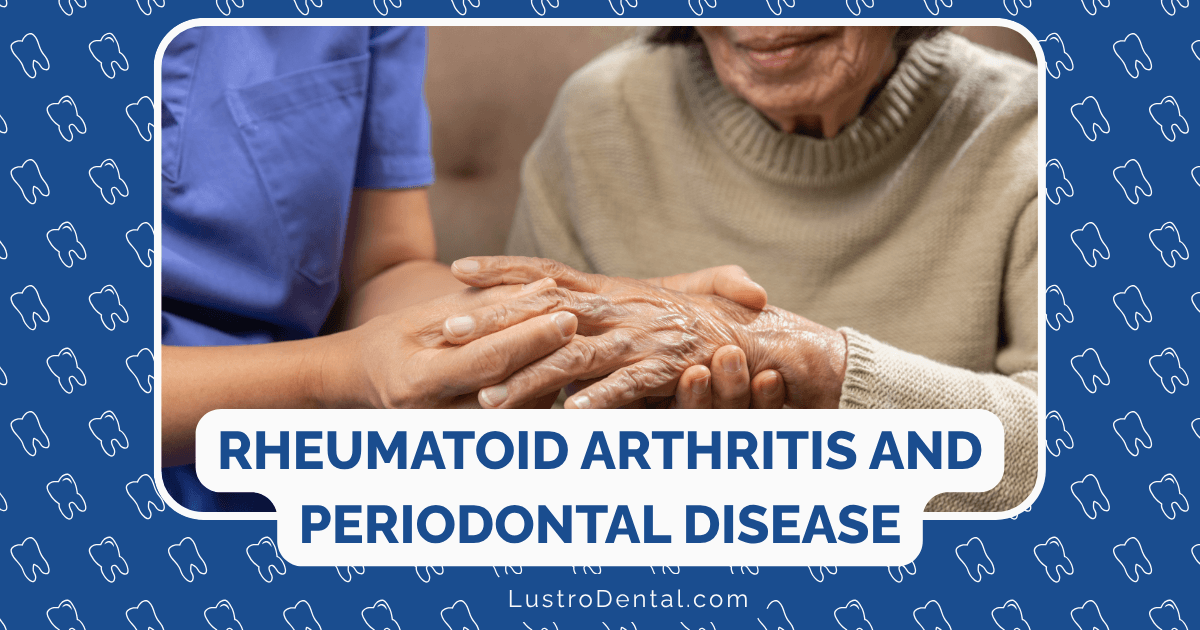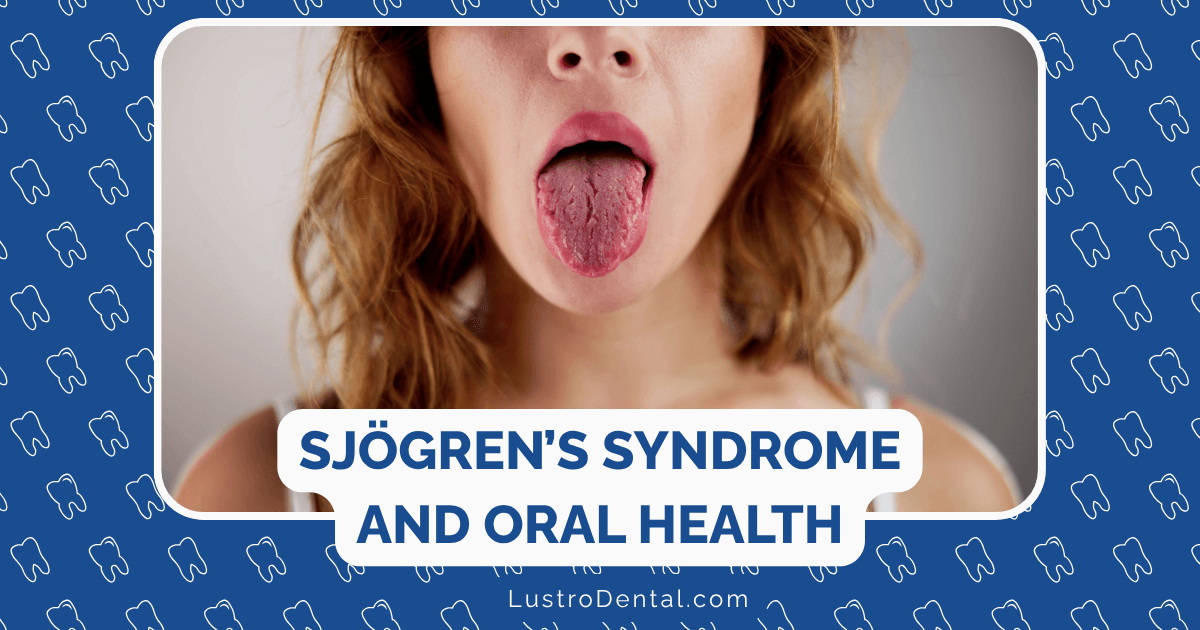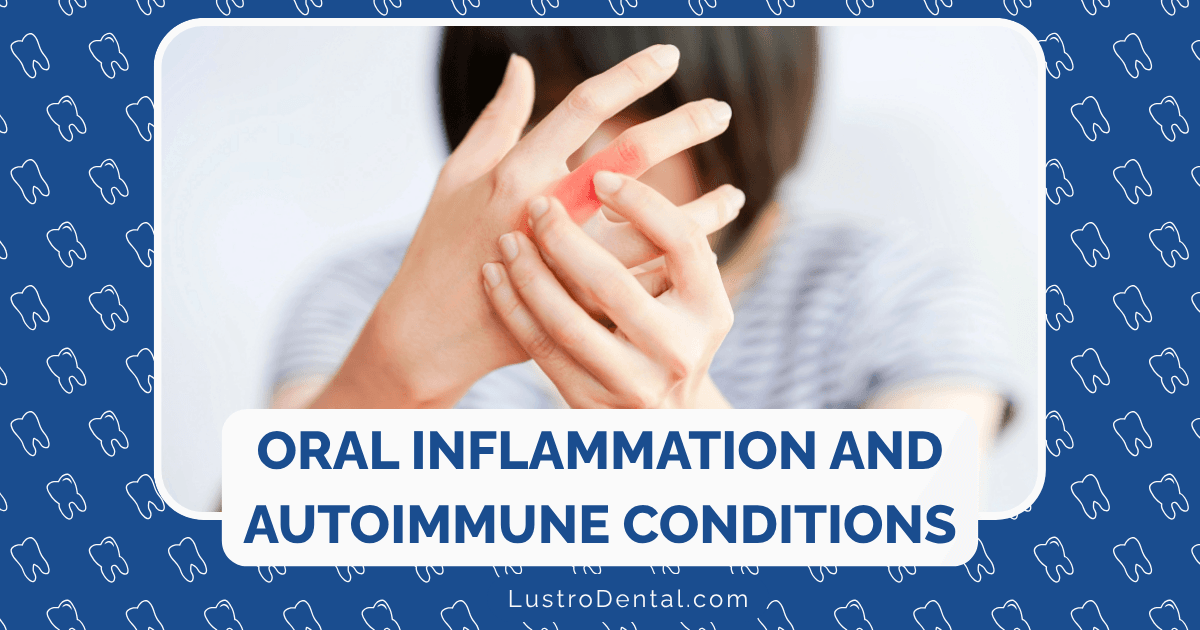Reducing Heart Attack Risk Through Improved Oral Health
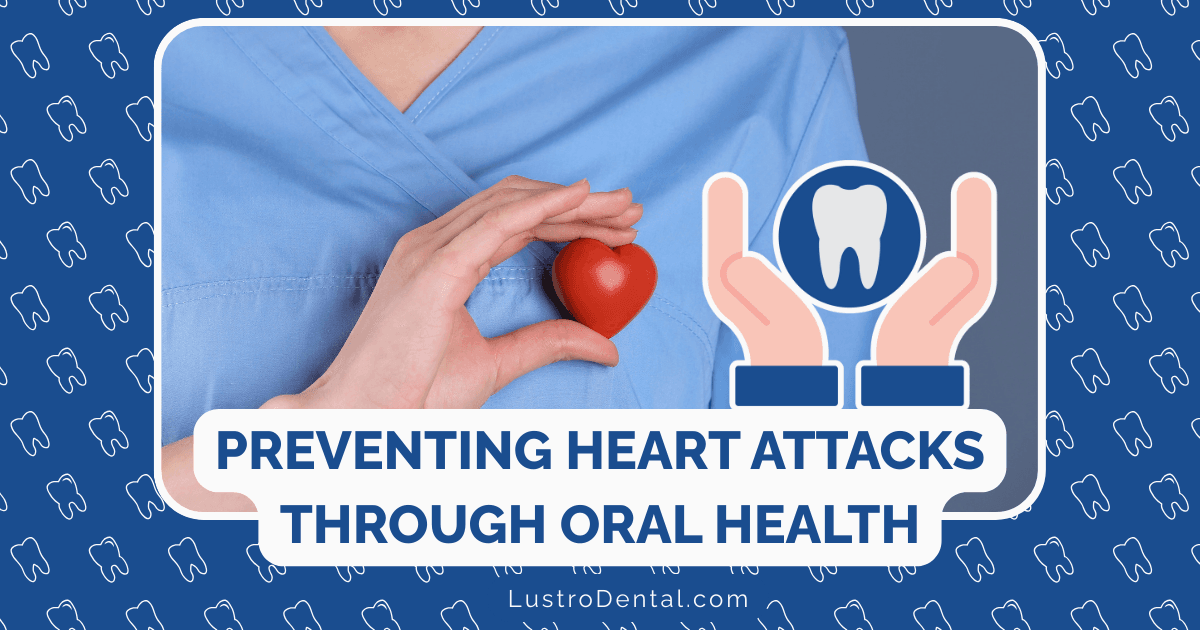
When we think about preventing heart attacks, the usual suspects come to mind: exercise, diet, cholesterol management, and blood pressure control. But there’s another crucial factor that often flies under the radar—your oral health. Emerging research suggests that what happens in your mouth doesn’t stay in your mouth; it can significantly impact your cardiovascular system and potentially increase or decrease your risk of heart attack.
The Surprising Connection Between Your Mouth and Heart
The link between oral health and heart disease isn’t just coincidental. According to the American Heart Association, people with gum disease are two to three times more likely to have a heart attack, stroke, or other serious cardiovascular event compared to people with healthy gums.
But how exactly does this connection work? Let’s break it down.
How Poor Oral Health Affects Your Heart
Bacterial Invasion
Your mouth is home to hundreds of bacterial species. When gum disease develops, these bacteria don’t necessarily stay put.
“The mouth can be a gateway for bacteria to enter the bloodstream,” explains Dr. Jennifer Martinez, cardiologist at Cleveland Clinic. “Once in circulation, these oral pathogens can travel to the heart and blood vessels, potentially contributing to inflammation and atherosclerosis.”
A 2025 study published in the Journal of Periodontology found oral bacteria present in 35% of arterial plaque samples taken from patients with atherosclerosis. This suggests that the same bacteria causing gum disease may directly contribute to the buildup of plaque in your arteries.
Inflammation: The Common Denominator
Perhaps the most significant pathway connecting oral health to heart health is inflammation.
Gum disease begins with gingivitis—inflammation of the gums characterized by redness, swelling, and bleeding. If left untreated, it can progress to periodontitis, a more severe form of gum disease that affects the soft tissue and bone supporting your teeth.
This chronic inflammation doesn’t just affect your mouth. It triggers a systemic inflammatory response throughout your body, including your cardiovascular system.
“Inflammation is a key driver of atherosclerosis,” says Dr. Robert Thompson, Professor of Cardiovascular Medicine at University of Michigan. “The inflammatory markers produced in response to gum disease can accelerate the hardening and narrowing of arteries, increasing the risk of heart attack and stroke.”
A landmark study from the Atherosclerosis Risk in Communities (ARIC) research followed over 6,000 participants for 25 years and found that those who reported regular flossing had a 22% lower risk of ischemic stroke and were 12% less likely to develop atrial fibrillation, an irregular heartbeat that can lead to blood clots and stroke.
Warning Signs of Gum Disease
Being aware of the early signs of gum disease can help you address problems before they affect your cardiovascular health. Watch for:
- Red, swollen, or tender gums
- Bleeding while brushing or flossing
- Receding gums (teeth appear longer)
- Persistent bad breath
- Loose or separating teeth
- Pus between your gums and teeth
- Change in how your teeth fit together when you bite
If you notice any of these symptoms, schedule a dental appointment promptly. Early intervention can prevent progression to more serious forms of gum disease and potentially reduce associated heart risks.
Evidence-Based Strategies to Improve Oral Health and Protect Your Heart
1. Master the Basics of Oral Hygiene
The foundation of good oral health is consistent, proper hygiene:
- Brush thoroughly twice daily: Spend at least two minutes each time, using a soft-bristled toothbrush and fluoride toothpaste. Pay special attention to the gumline, where bacteria tend to accumulate.
- Floss daily: According to the Oral Health Foundation’s Heart Month 2025 campaign, flossing once daily is crucial for removing plaque between teeth where your toothbrush can’t reach. The ARIC study mentioned earlier found that regular flossing was associated with a 44% lower risk of cardioembolic stroke.
- Consider antimicrobial mouthwash: Rinsing with an antimicrobial mouthwash can help reduce bacteria that cause gum disease.
2. Schedule Regular Dental Check-ups
Professional dental care is essential for maintaining oral health and potentially reducing heart disease risk:
- Get professional cleanings twice yearly: Even with excellent home care, professional cleanings are necessary to remove tartar (hardened plaque) that can’t be eliminated by brushing and flossing alone.
- Don’t skip exams: Regular dental exams can catch early signs of gum disease before symptoms become noticeable.
- Consider more frequent visits if you’re high-risk: If you have a history of gum disease or heart problems, your dentist may recommend more frequent check-ups.
3. Address Risk Factors That Affect Both Oral and Heart Health
Several lifestyle factors impact both your mouth and heart:
- Quit tobacco: Smoking and other tobacco use increase your risk of gum disease and heart disease. According to the CDC, smokers are twice as likely to develop gum disease compared to non-smokers, and smoking is a major risk factor for heart disease.
- Limit alcohol consumption: Excessive alcohol can contribute to oral health problems and increase cardiovascular risk.
- Manage diabetes: Diabetes increases your risk of gum disease, which can in turn make diabetes harder to control—creating a vicious cycle that also impacts heart health.
- Reduce stress: Chronic stress can weaken your immune system, making it harder to fight off gum infections and potentially contributing to heart problems.
4. Adopt a Heart-Healthy Diet That’s Also Good for Your Gums
What you eat affects both your oral and cardiovascular health:
- Limit sugary foods and drinks: Sugar feeds the bacteria that cause tooth decay and gum disease, and high sugar consumption is also linked to heart disease.
- Eat plenty of fruits and vegetables: Plant foods rich in vitamins, minerals, and antioxidants support gum health and heart function.
- Choose omega-3 rich foods: Fatty fish like salmon, mackerel, and sardines have anti-inflammatory properties that may benefit both your gums and heart.
- Stay hydrated: Drinking plenty of water helps wash away food particles and bacteria, and supports overall cardiovascular health.
Treatment Options if You Already Have Gum Disease
If you’ve been diagnosed with gum disease, effective treatment may help reduce your heart attack risk:
- Scaling and root planing: This deep-cleaning procedure removes plaque and tartar from below the gumline and smooths the tooth roots to help gums reattach to teeth.
- Antibiotic therapy: Your dentist may prescribe topical or oral antibiotics to control bacterial infection.
- Advanced treatments: For severe periodontitis, surgical procedures may be necessary to reduce pocket depth and regenerate lost bone and tissue.
A 2025 study from Pacific Dental Services found that patients who received treatment for severe gum disease showed improvement in several cardiovascular risk markers, including C-reactive protein (a marker of inflammation) and blood pressure, within six months of treatment.
The Integrated Health Approach
Healthcare is increasingly moving toward an integrated approach that recognizes the connections between oral health and overall health:
- Share your medical history: Make sure your dentist knows about any heart conditions, and inform your cardiologist about your oral health status.
- Consider combined screenings: Some dental practices now offer blood pressure screenings and other basic health assessments that can help identify cardiovascular risk factors.
- Look for coordinated care: Healthcare systems that integrate dental and medical records can provide more comprehensive care by allowing providers to see the complete picture of your health.
Dr. Sarah Chen, Director of Integrative Cardiology at Mount Sinai Hospital, emphasizes: “We need to move away from thinking about the mouth and heart as separate systems. What affects one affects the other, and a collaborative approach between dental and medical professionals can lead to better outcomes for patients.”
The Bottom Line
While research continues to explore the exact mechanisms linking oral health to heart disease, the evidence strongly suggests that taking care of your mouth may help protect your heart. The good news is that the steps to maintain good oral health are relatively simple and accessible to most people.
By incorporating proper oral hygiene into your daily routine, seeing your dentist regularly, and addressing lifestyle factors that affect both oral and cardiovascular health, you’re making a meaningful investment in your overall wellbeing.
Remember, your mouth is connected to the rest of your body in more ways than one. Taking care of your teeth and gums isn’t just about maintaining a beautiful smile—it could be a crucial part of keeping your heart healthy for years to come.
Have you improved your oral health routine? Share your experience in the comments below!


